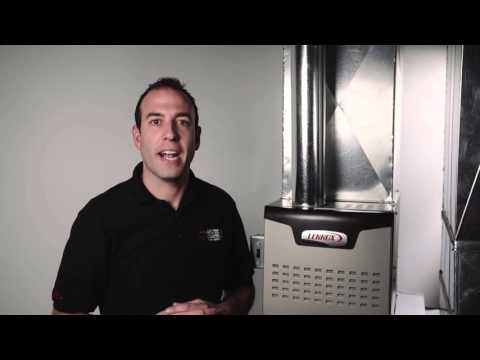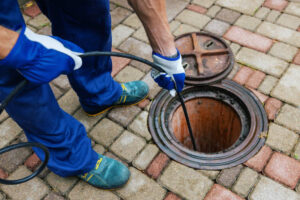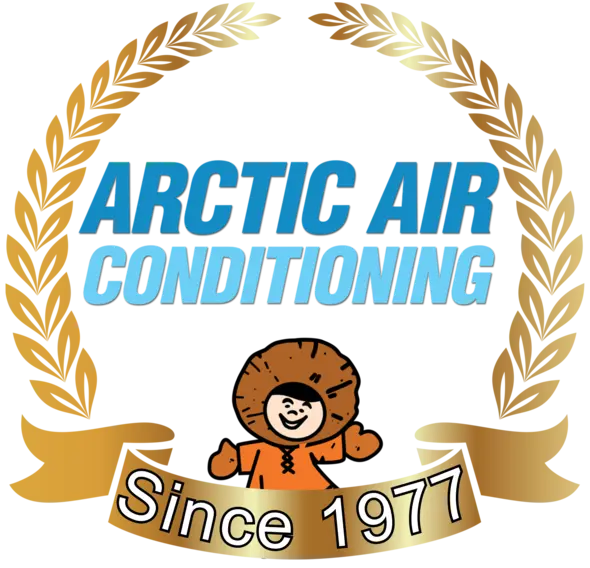Tips for Choosing a Heat Pump
Are you considering installing a heat pump in your home? Energy-efficient and convenient, heat pumps are popular systems for both your cooling and heating needs in New Jersey (and everywhere else!).
But how do you choose a heat pump? Are there tips to follow? Is there information important to know on the front end? It can certainly be helpful to make a decision (even with professional help from an HVAC company) when you’re armed with knowledge. To this end, we’ve written a quick guide!
Heat Pump Tips
Let’s start with some basic information. Every residential heat pump sold in the U.S. has an EnergyGuide label, which displays the system’s heating and cooling efficiency performance rating, comparing it to other available makes and models.
Heating efficiency for air-source electric heat pumps is indicated by the heating season performance factor (HSPF), which is the total space heating required during the heating season. An HSPF of 8 – 10 is considered very energy-efficient. Cooling efficiency is indicated by the seasonal energy efficiency ratio (SEER), which is the total heat removed from the conditioned space during the annual cooling season. A SEER of 14 – 18 is considered very energy-efficient.
Keep in mind that even though a heat pump with higher energy efficiency costs more, it can save you more throughout the years. In fact, energy savings can return the higher initial investment several times throughout the system’s life!
If you’re trying to choose a heat pump, the U.S. Department of Energy recommends:
- Looking for the ENERGY STAR® label. In warmer regions, SEER is more important than HSPF. In colder states, it’s better to focus on a higher HSPF.
- Picking a heat pump with a demand-defrost control. This will minimize the defrost cycles and help reduce supplementary and heat pump energy use.
- Choosing a heat pump with an outdoor sound rating of 7.6 bels or lower since fans and compressors can be noisy.
Once you’ve chosen a heat pump? Keep these additional tips in mind:
- The coil should usually be placed on the cold (upstream) side of the furnace for greatest efficiency (if you’re adding a heat pump to an electric furnace).
- Install the outdoor unit away from windows. You can also decrease the noise of the fans and compressors by mounting the unit on a noise-absorbing base.
- Outdoor units should be protected from high winds, which can cause defrosting problems and decrease the system’s energy efficiency. Strategic placement of something like a shrub or a fence can help with this.
- Don’t set back the heat pump’s thermostat manually if it causes the electric-resistance heating to kick on. Frequently used as a backup, this type of heating is generally more costly.
- Clean or change filters once a month or as needed, and maintain the system (regular maintenance is extremely important for extending your heat pump’s lifespan and ensuring it works when you need it to).
Heat Pump Installation in Central New Jersey
If you’re looking for heat pump installers serving the New Jersey area, call Arctic Air Conditioning. Since 1977, we have been helping homeowners throughout Monmouth, Middlesex, Mercer, and Ocean counties with their heating and cooling needs.
Contact us to learn more about our services or to schedule your heat pump installation!







